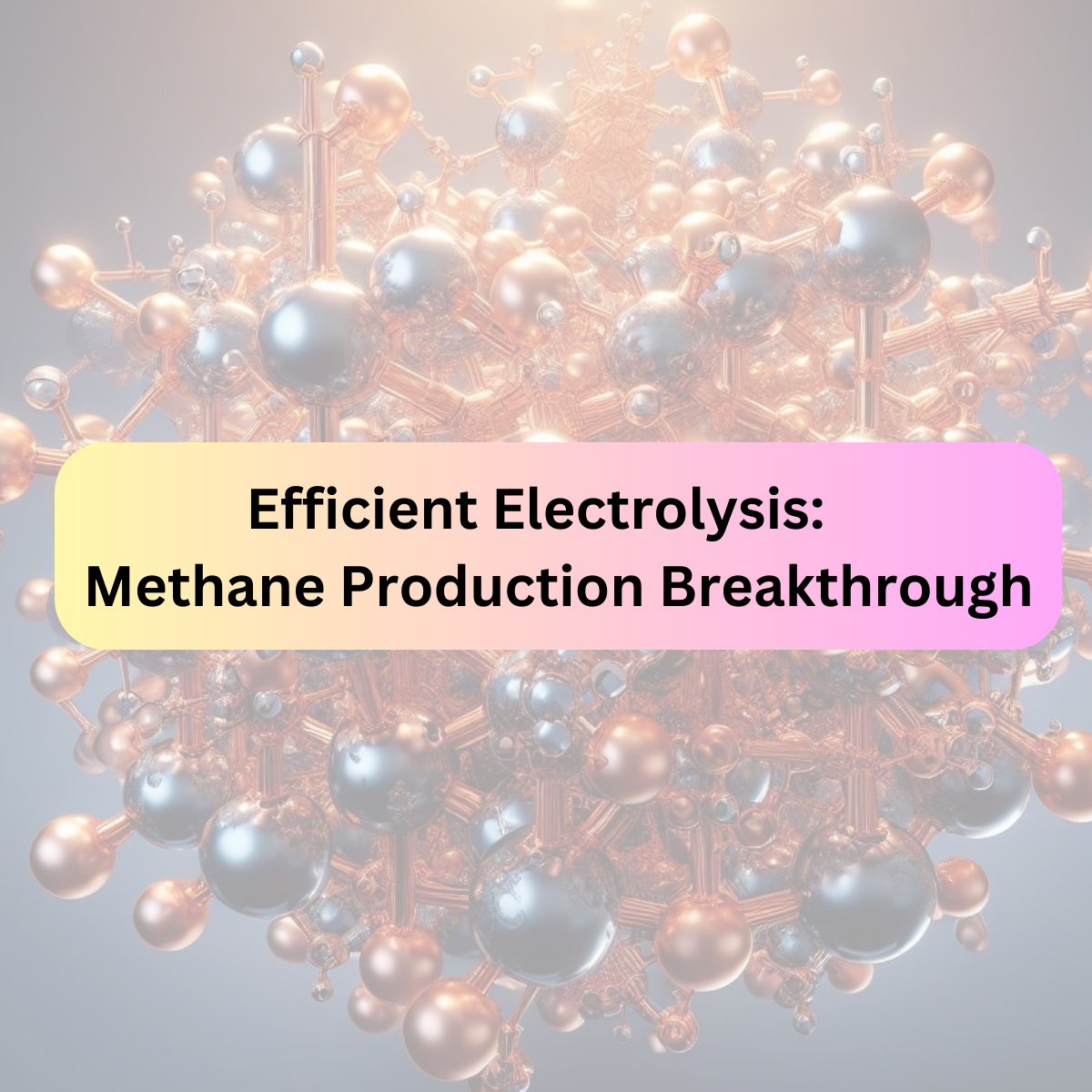|
Getting your Trinity Audio player ready...
|
In the pursuit of effective carbon utilization post-capture, Rice University researchers have devised a groundbreaking methodology. Their innovation hinges on electrolysis, employing catalysts featuring isolated copper atoms on two-dimensional polymer templates. The polymer, with intricately spaced copper atoms, facilitates an energy-efficient pathway for the eight-step conversion of carbon dioxide to methane. This process, showcased in Advanced Materials, overcomes inherent challenges, fostering selective and high-rate methane production. The cooperative interaction among proximate copper atoms emerges as pivotal, reducing energy requirements for key steps. The resultant catalysts demonstrate remarkable efficacy in electrolysis, constituting a noteworthy stride in the quest for industrially viable electrochemical carbon dioxide reduction technology. This research underscores the critical role of innovative catalysts in addressing energy and sustainability imperatives, epitomizing the potential of single-atom dispersed catalysts in this transformative journey.




